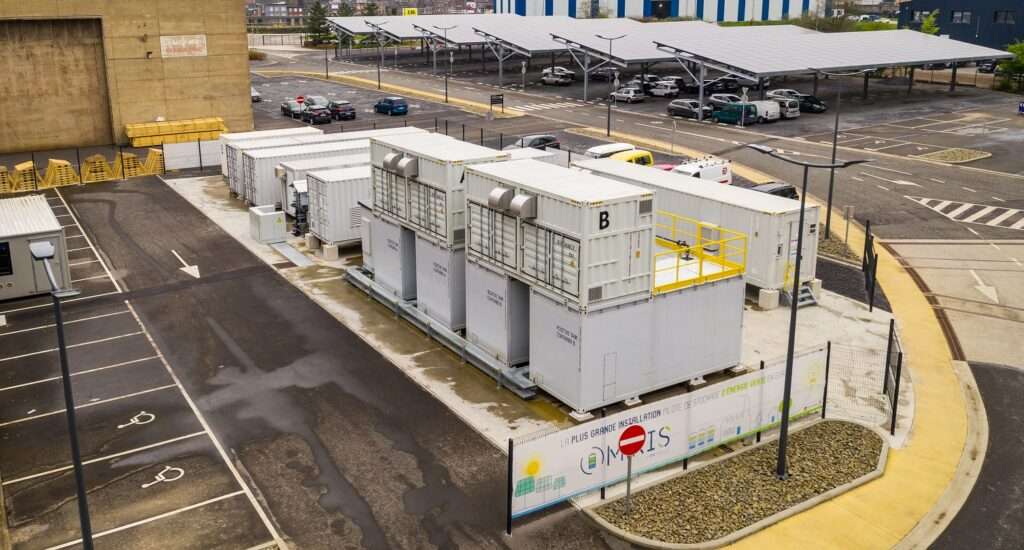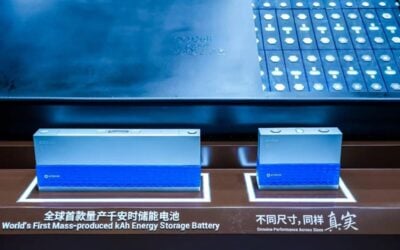
The European Union has resolved a glaring omission in the design of its Battery Passport, the forthcoming directive on sustainability, labelling and performance, according to Flow Batteries Europe.
Due to be introduced in phases over the next few years, the EU’s scheme aims to provide greater transparency in the supply chain for batteries and give customers assurance on things like the carbon footprint, recycled content and ethical sourcing of materials.
Enjoy 12 months of exclusive analysis
- Regular insight and analysis of the industry’s biggest developments
- In-depth interviews with the industry’s leading figures
- Annual digital subscription to the PV Tech Power journal
- Discounts on Solar Media’s portfolio of events, in-person and virtual
In order to provide those assurances over the whole lifecycle of batteries, the Battery Passport would be a digital labelling tool that could track every part of the device from materials to components and show where it came from, and that it met EU requirements.
Although a provisional agreement was reached by EU policymakers on the design of the overall directive in December, some concerns were raised by industry on some aspects.
Trade group RECHARGE argued that responsibility for end-of-life handling of batteries should be put on users – or ‘economic operators’ as the group put it – rather than manufacturers, as is the case in the provisional directive as it stands.
Elsewhere, Flow Batteries Europe, which represents stakeholders in that technology class, said that plans for the Battery Passport only covered batteries with internal storage.
While that definition includes lithium-ion and several other types of commonly used battery, it does not cover flow batteries, which store energy in liquid tanks of electrolyte externally from the battery’s power source, the cell stack.
As reported by Energy-Storage.news back in March last year, Flow Batteries Europe produced a position paper stating its case.
Flow Batteries Europe sent a statement to the media, including this site, acknowledging that this has been amended. Flow batteries are now included in the scope of the Passport’s main sustainability provisions, such as carbon footprint declarations and calculations.
“We are glad the legislators heard our concerns,” Flow Batteries Europe secretary general Anthony Price said.
“The inclusion of flow batteries will benefit not only the flow battery industry but the entire European energy system as finally the European Union will have a future proof legislation that sets the basis for a sustainable EU battery value chain.”
In a blog for Energy-Storage.news, published in August 2022, Anthony Price wrote that he believed flow batteries would be an essential technology for Europe to be able to meet its targets on decarbonisation, imploring policymakers to listen.
Energy-Storage.news’ publisher Solar Media will host the 8th annual Energy Storage Summit EU in London, 22-23 February 2023. This year it is moving to a larger venue, bringing together Europe’s leading investors, policymakers, developers, utilities, energy buyers and service providers all in one place. Visit the official site for more info.






